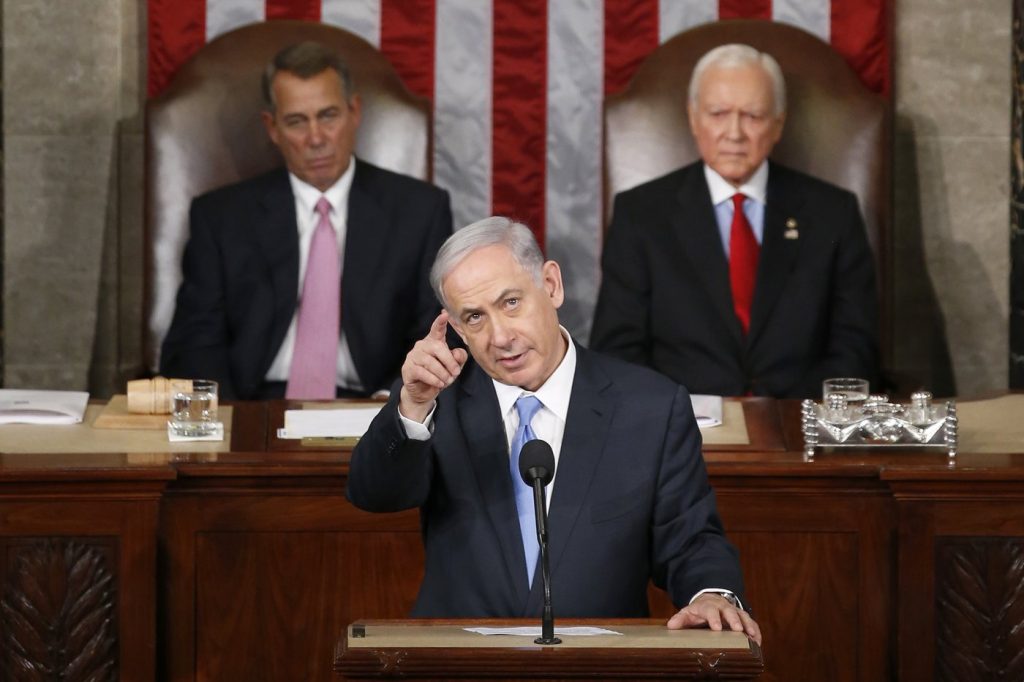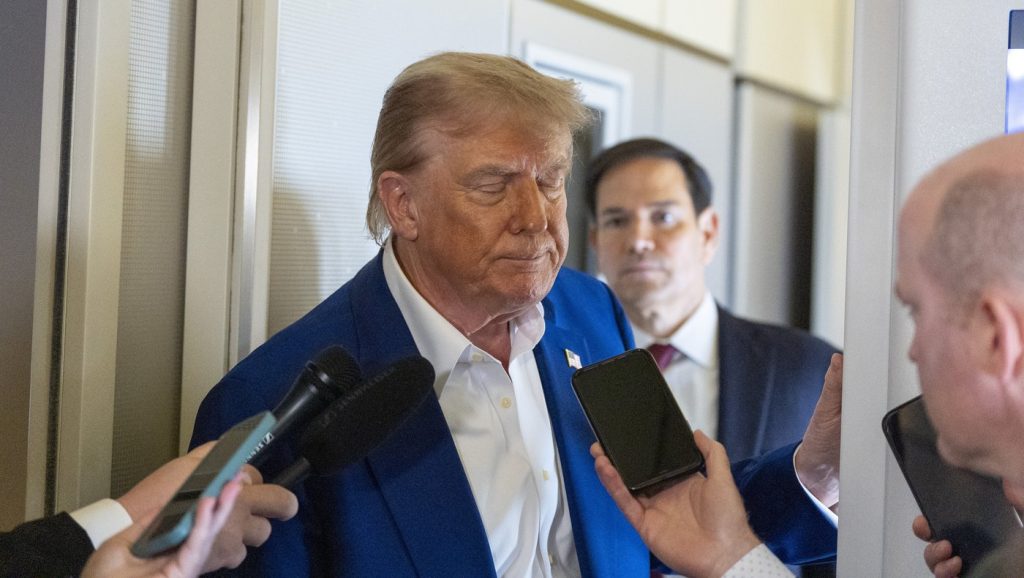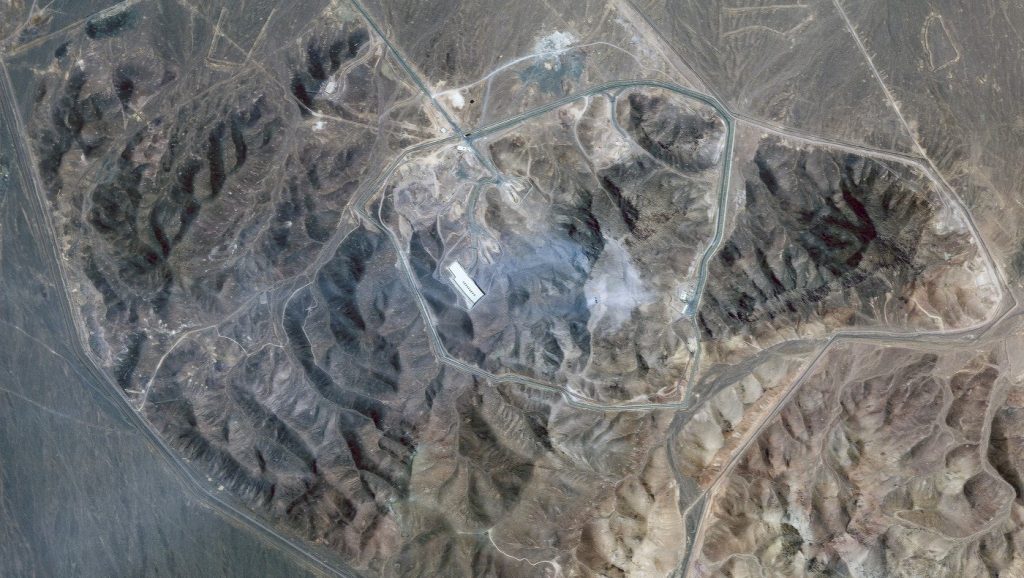Following the surprise attack by Hamas on October 7, 2023, Israeli Prime Minister Benjamin Netanyahu seems to have undergone a significant transformation. Initially appearing as a diminished and shellshocked figure in the aftermath of an unprecedented national crisis, he appears to have regained confidence. With U.S. support against a looming threat from Iran—one that Netanyahu has dedicated his career to confronting—he is poised to reshape his political legacy.
Despite the ongoing crises, including the pummeling of Israeli cities by Iranian missiles, Netanyahu, 75, is presented with an opportunity to restore his waning political fortunes. His legacy, which has been marred by the Hamas attacks, a corruption trial, and a record of divisive governance, could undergo revival. Analysts and supporters suggest that if he successfully navigates this crisis, he could further entrench his reputation as a political tactician who rises from adversity.
Mazal Mualem, a veteran Israeli journalist and biographer of Netanyahu, remarked, “Netanyahu has proven that he is a phoenix.” Nevertheless, the path ahead remains fraught with challenges. While he may experience a short-term political boost due to the U.S.'s military involvement in Iraq, his polarizing leadership style persists, and his approval ratings are still low.
Netanyahu faces significant international scrutiny, including an arrest warrant for alleged war crimes in Gaza, and is broadly condemned across the Arab world. Amid a history of conflict in the region, critics often label him as a warmonger responsible for substantial casualties in Gaza and beyond. However, domestically, many Israelis recognize the threat posed by Iran’s nuclear ambitions and have welcomed U.S. military support.
Some former aides, like Aviv Bushinsky, note the dramatic shift in Netanyahu's image following U.S. strikes on Iranian nuclear facilities, asserting that he has redeemed himself in the eyes of many. During a recent video statement, Netanyahu expressed gratitude to President Donald Trump, declaring that the military intervention would “change history.” This stands in stark contrast to the days immediately following Hamas's attack, where he was thought to be politically vulnerable.
Netanyahu’s long-time fixation on Iran, which he has framed as an existential threat since his first term in the 1990s, has directed significant military and intelligence resources. While he has tirelessly campaigned against Iran's nuclear development, some critics argue that this focus distracted him from recognizing the danger that Hamas posed, leading to the devastating attack on October 7, where approximately 1,200 Israelis were killed and over 250 taken hostage.
The attack has certainly cast a long shadow on Netanyahu’s legacy; many blame him for policies that allowed Hamas to consolidate power in Gaza. Following the assault, Netanyahu has generally avoided taking personal responsibility, shifting blame to security officials instead.
As the war against Hamas continues, Netanyahu still harbors ambitions for a normalization deal with Saudi Arabia, which he views as a part of his legacy. Yet, the political landscape remains unpredictable. Recent polls indicate that even with potential political gains from the ongoing war, he may struggle to form a coalition if elections were to be held today.
Bushinsky has drawn parallels between Netanyahu and Winston Churchill, noting that despite leading a successful military effort during World War II, Churchill was not re-elected in 1945 due to a shift in public priorities. He cautions that Netanyahu, despite being dubbed the “King of Israel” by his supporters, also has limits to his political capital.












